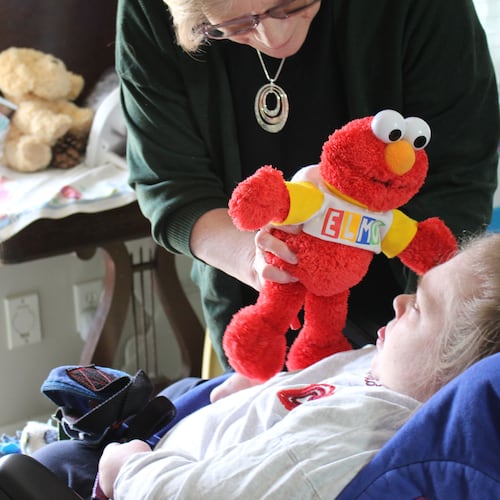When I look at the faces in the Turner Field neighborhoods today, I am reminded that, “Community cannot long feed on itself; it can only flourish with the coming of others from beyond, their unknown and undiscovered brothers.”
While I do not know the context in which these words were spoken by the great theologian Dr. Howard Thurman generations ago, I imagine they were proclaimed in response to the anxiety, apprehension and distrust that often accompanies unexpected, and even unwanted, change.
In fact, many of the leading voices in the community today are representative of those whom others, not so long ago, feared would compromise the existence of these historic neighborhoods. So when residents in the area cry to be heard, I remember also the voices of those before them, and am reminded that we are not the first to face the challenges of the unknown. But discomfort cannot hinder progress.
The sale of Turner Field is not an event. It is a process, and that process must begin now — not just for the sake of the thousands of people in the nearby neighborhoods, but for the sake of nearly 1 million people across the city of Atlanta and Fulton County.
When I began as executive director of the City of Atlanta and Fulton County Recreation Authority nearly four months ago, I was immediately struck by the enormous amount of work that needed to be done quickly to ensure Turner Field had a new tenant by the end of 2016. There was no formalized plan for its redevelopment, or even its maintenance, in the event a new owner had not been found.
It costs $5.2 million a year to maintain and operate Turner Field as a Major League Baseball stadium. Many of these costs, including maintenance, security and utilities, simply will not go away. As local governments struggle to protect neighborhoods from copper thieves, one cannot help but wonder the level of public angst if Atlanta and Fulton taxpayers were left to shoulder the cost and responsibility of securing and maintaining a 48,000-seat stadium.
Some have called on the city to await the outcome of the Livable Centers Initiative study currently under way. While this collaborative study, led by the city and the Atlanta Regional Commission, will provide invaluable recommendations for future transportation and planning in the area, the 70 acres offered for redevelopment are a mere fraction of the nearly 1,000 acres that will be examined.
The city’s planning staff, which applied for the grant, has said the study and its recommendations will not be compromised as the property is offered for sale. In fact, the request for proposals will call upon the winning bidder to immediately begin participating in the study; and the LCI’s findings, due in spring, will be part of any final negotiation of sale.
Under the most ideal circumstances, a sale will not likely happen until June 2016, just four months before the end of the baseball season. The Braves have recommended that a transition team be in place by December 2015 to learn the operations of the facility.
Long before I knew Summerhill had a name, it was the place my cousins lived. Summerhill was where “sense of community” was not a description, it was a lifestyle. So many faces and buildings have changed, yet the hopes and dreams of the community have remained the same.
There is a monumental opportunity to once again build upon that sense of community. When we bind our collective energy, and bickering is put aside, the unlikeliest of bonds are formed, communities grow and neighborhoods flourish.
The clock is ticking, the alarm has sounded, and the snooze button has been hit way too many times. Time is of the essence. We must act now to ensure a new owner is in place to assume responsibility for this mammoth facility, so taxpayers do not have to.
About the Author
Keep Reading
The Latest
Featured

